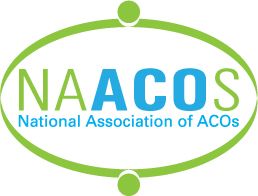
Health Affairs Publishes Blog From the National Association of ACOs

Following the release of the latest accountable care organization (ACO) participation numbers from the CMS, the National Association of ACOs (NAACOS) authored its own take on the latest data around the Medicare Shared Savings Program, Medicare’s largest and most prominent value-based payment program serving 11 million patients.
Following
CMS, last year, enacted several changes to the ACO program, emphasizing the need to take on financial risk for assigned patients. When those changes took effect on July 1, participation in Medicare’s preeminent ACO program fell from 561 to 518. While not yet a reason to sound an alarm, the dip in participation in 2019 will be problematic for Medicare if it continues, and policy makers should pay close attention as we move forward. ACOs are the dominant alternative payment model that exists today, and if participation drops following CMS’s changes last year, it threatens years of work to transform our delivery and payment system to better reward value and quality. This year could be an anomaly given the midyear application cycle and ACOs waiting to see how last year’s regulatory changes unfold.
Evidence continues to build that ACOs are helping Medicare lower the rate of spending. More “counterfactual” data, which compares Medicare spending to what spending would be like in the absence of ACOs, are available and all show ACOs are lowering Medicare spending by 1% to 2%, which translates into tens of billions of dollars of reduced Medicare spending when compounded annually. Researchers at
Medicare ACOs in 2017 showed a
Newsletter
Stay ahead of policy, cost, and value—subscribe to AJMC for expert insights at the intersection of clinical care and health economics.









